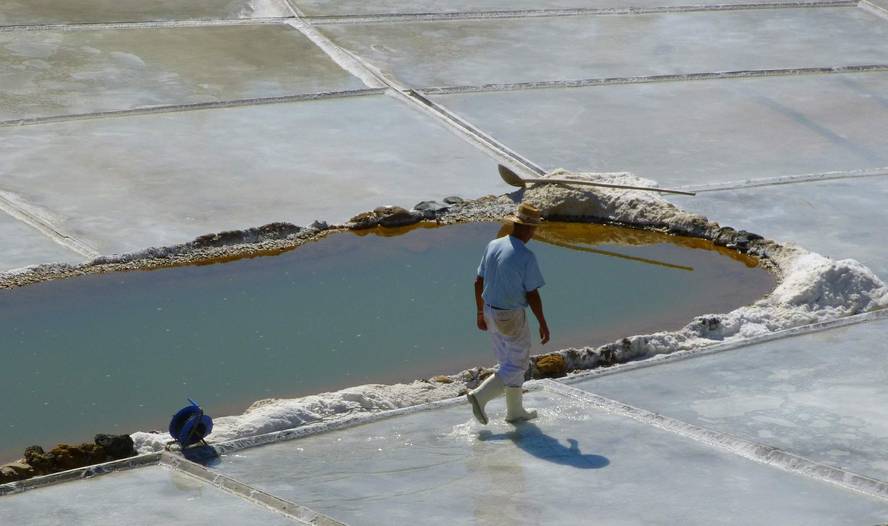They discover a new species of bacteria in the Valle Salado de Añana.
The UPV/EHU research team MikroIker has discovered a new species of bacteria in the Valle Salado de Añana, in the waters of the Santa Engracia spring. [Altererythrobacter muriae]. The discovery has been published in the journal International Journal of Systematic and Evolutionary Microbiology.
The Vale Salado de Añana is located on a large salt bubble in the place where a sea dried up 200 million years ago. There are hypersaline springs and there is a wide variety of microorganisms (halophils and halototes) adapted to these conditions. “Some of the species we have found in the studies of the microorganism populations that we have carried out in recent years may not have been described before and may be present in these ecosystems,” explains researcher Ilargi Martínez Ballesteros. “This means that the biodiversity of the place is special and that the ecological value is greater than was thought.”
In addition, the adaptive development of microorganisms in these extreme conditions consists in the production of compounds of great interest for survival, such as biomedicine, bioremediation or the food industry. “Microorganisms are essential because they regulate the biogeochemical cycles of the main elements of the biosphere, participate in organic matter decomposition processes, promote the food cycle and degrade polluting compounds,” says Martínez Ballesteros. “Thus, we will generate information about microbial populations and their possible biotechnological uses in Añana, to benefit from human health and the environment.”






